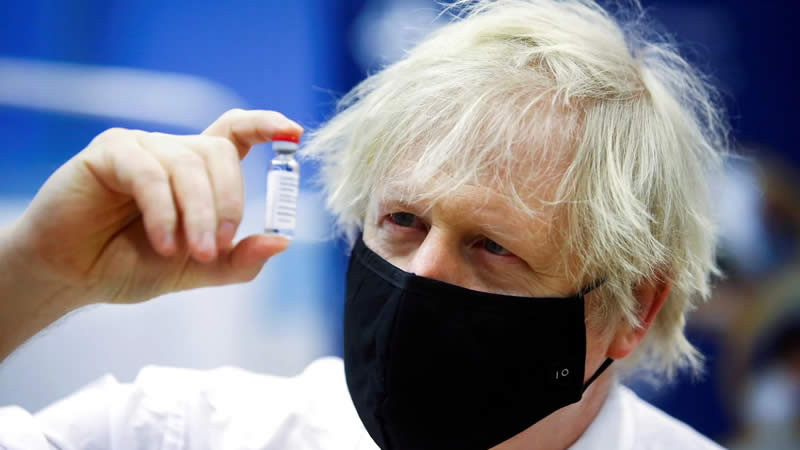
UK Study: Vaccine Support Rises but Doubts Still Apparent

More than 75 percent of people in the United Kingdom now say they would be willing to roll up their sleeves for a coronavirus vaccine, which is up from 50 percent five months ago, according to a new survey conducted by the University of Oxford.
The poll, part of the university-funded research project called “Coping with COVID-19,” was able to garner responses from sixteen hundred mainland UK adults using the polling company YouGov. The percentage of individuals who are “likely” or “very likely” to be inoculated has increased to 87 percent from 78 percent since the sampling of respondents last October.
The survey also discovered that age is a strong predictor of willingness to take the vaccine, with the fifty to fifty-nine age group now much more positive about the vaccine compared to five months ago. However, about 7 percent of the population responded that it is “very unlikely” that they will ever take the vaccine.
As for people with lower incomes, they are, “on average, much less willing to take the vaccine. Going against the broad trend towards vaccine uptake, this gap has widened somewhat since October,” the poll wrote.
‘This multi-wave study gives us a rare glimpse of whose opinions have shifted and why. People have become massively more supportive of taking the vaccine overall but important gaps remain especially among groups whose trust in politicians is typically lower: non-voters, younger citizens, and poorer households,” Ben Ansell, professor of Comparative Democratic Institutions at the Department of Politics and International Relations at Oxford University, said in a statement.
“When so much of the UK government’s lockdown exit strategy rests on successful vaccine rollout, these insights will be of immediate importance to policymakers in both their internal deliberation on policy and their outward facing communication with the public.”
The United Kingdom’s mass vaccination rollout launched in December, with initial priority given to the elderly, care home residents and staff, and health care workers. The vaccination program largely has been deemed a success, with nearly eighteen million people having received their first dose of a coronavirus vaccine so far.
UK Prime Minister Boris Johnson also recently announced a scientific data-driven plan for the eventual lifting of stringent coronavirus lockdown restrictions in the country, which has been in full national lockdown since January 4 after a new, more transmissible variant of coronavirus was discovered in southeast England.
Previous reports have contended that the mutant virus, also known as B.1.1.7, is about 45 percent more transmissible and up to 70 percent more deadly. The new strain is now responsible for the majority of new infections in the United Kingdom.
“Our decisions will be made on the latest data at every step, and we will be cautious about this approach so that we do not undo the progress we have achieved so far and the sacrifices each and every one of you has made to keep yourself and others safe,” Johnson said in a statement.
Ethen Kim Lieser is a Minneapolis-based Science and Tech Editor who has held posts at Google, The Korea Herald, Lincoln Journal Star, AsianWeek, and Arirang TV. Follow or contact him on LinkedIn.
